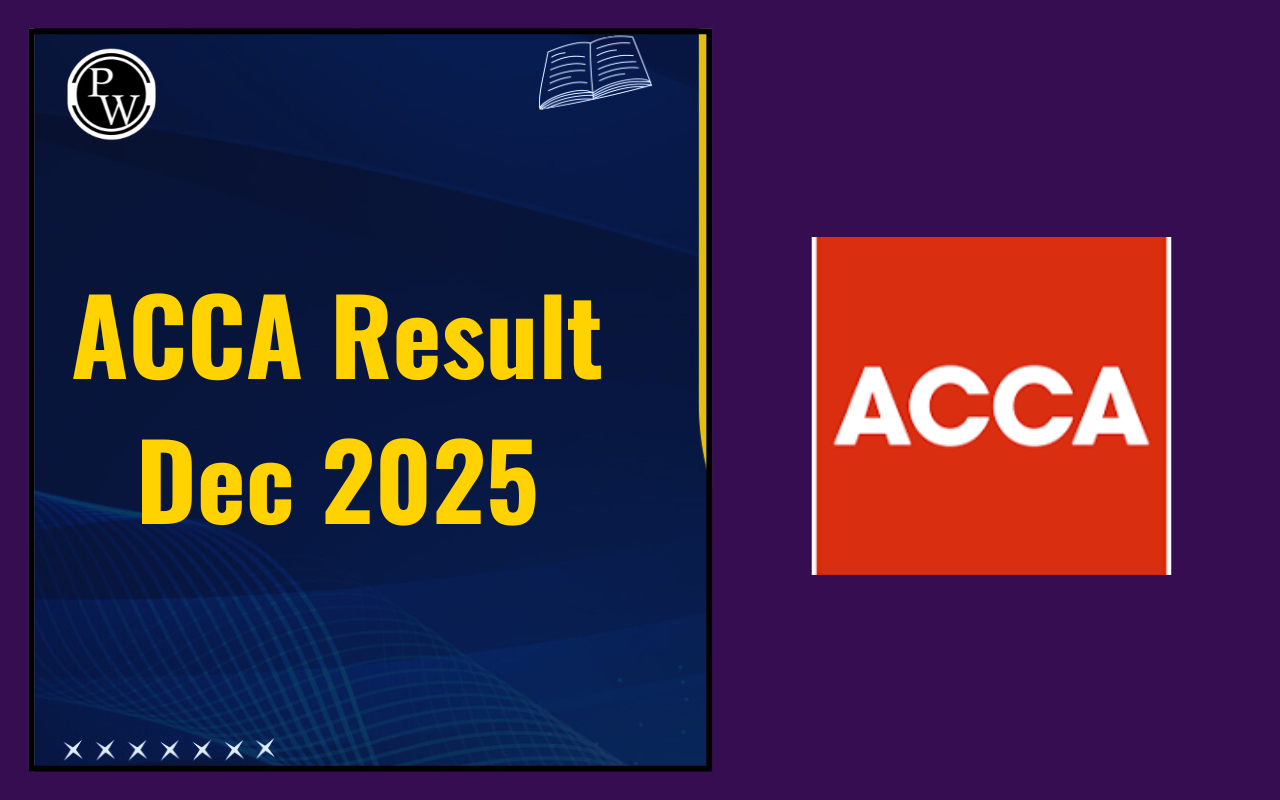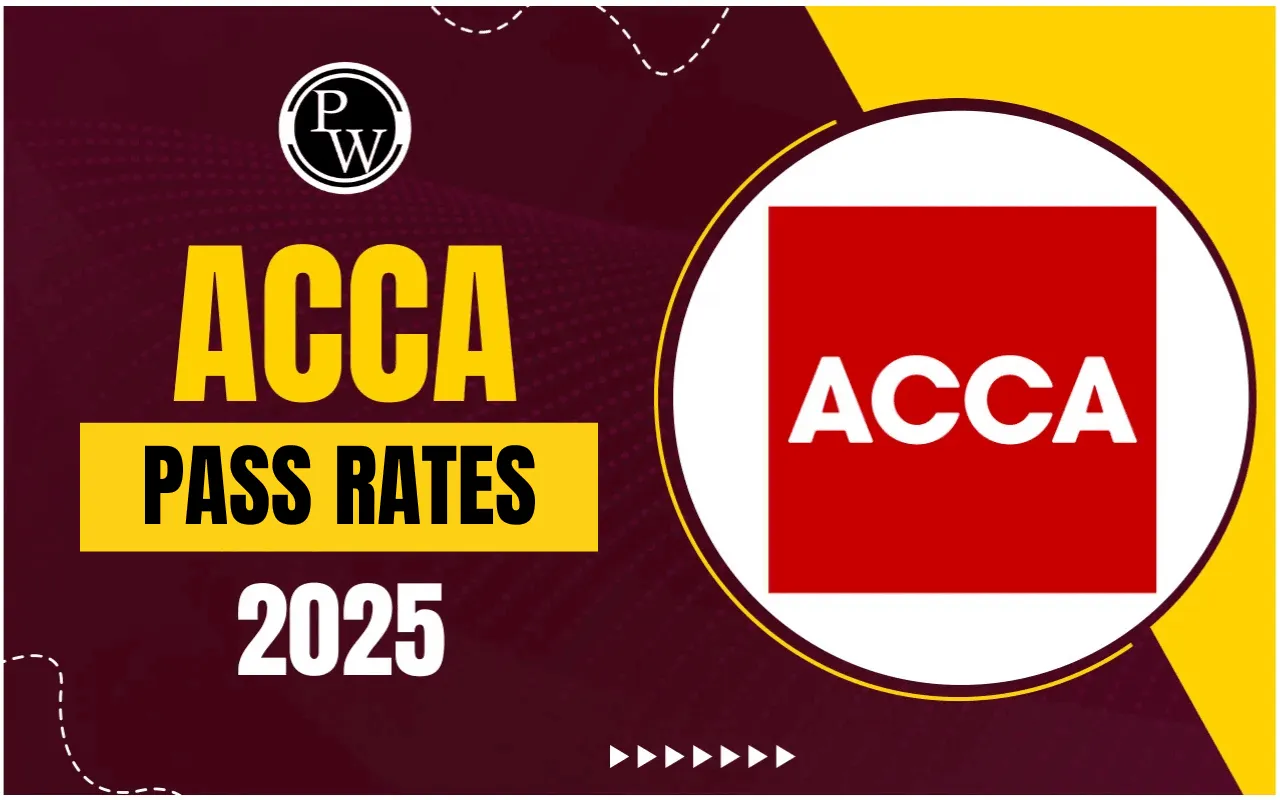
When it comes to building a career in finance and accounting, two popular qualifications often come up: ACCA (Association of Chartered Certified Accountants) and CIA (Certified Internal Auditor). While both open doors to excellent career opportunities, they focus on different areas within the accounting profession. If you're thinking about a future in accounting or internal auditing, this will help you understand the key differences between ACCA and CIA.
We’ll explain what each qualification offers, course details, fees, salary prospects, and how they can shape your professional journey. By the end, you’ll have a better idea of which path aligns with your career goals.
What is ACCA Certification?
ACCA stands for the Association of Chartered Certified Accountants, one of the largest and most respected global accounting bodies. This professional qualification equips individuals with essential financial, accounting, and management skills. ACCA is perfect for those aiming to work in various financial roles across different industries worldwide.
Highlights of ACCA
The following are the key highlights of ACCA:
-
Course Duration: Typically takes 3 to 4 years to complete, depending on your current qualifications and how much time you can dedicate to studying.
-
Syllabus Coverage: The ACCA syllabus includes subjects like financial accounting, management accounting, taxation, auditing, and financial management.
-
Career Opportunities: With an ACCA qualification, you can pursue roles such as auditor, tax consultant, management accountant, or financial analyst.
-
Course Fee: The total cost of the ACCA qualification varies, covering exam fees, tuition, and other expenses. On average, it ranges between $3,000 and $7,000, depending on your chosen study provider and the number of exams you take.
In short, ACCA is a globally recognized certification that opens doors to a wide variety of accounting and finance careers around the world.
What is CIA Certification?
CIA stands for Certified Internal Auditor, a prestigious certification offered by the Institute of Internal Auditors (IIA). This qualification is specifically designed for professionals who want to specialize in internal auditing. Unlike ACCA, which covers a broad range of accounting and financial topics, CIA focuses exclusively on internal audit practices.
Highlights of CIA
The following are the key highlights of CIA:
-
Course Duration: The CIA certification usually takes 1 to 2 years to complete, making it a faster option compared to ACCA.
-
Syllabus Coverage: The CIA program includes topics such as internal audit techniques, risk management, internal controls, and corporate governance.
-
Career Opportunities: Certified Internal Auditors typically work in areas like compliance, risk management, and internal audit departments, where their auditing expertise is highly valued.
-
Course Fee: The total cost of the CIA certification is generally lower than ACCA, with expenses for exam fees and study materials ranging from $1,000 to $2,500, depending on your chosen study options.
CIA is the go-to certification for those aiming to build a focused career in internal auditing and risk management.
Key Differences Between ACCA and CIA
When choosing between ACCA vs CIA, several important factors can help you decide which qualification suits your career goals best:
1. Scope of Qualification
ACCA is a broad accounting certification covering many areas such as finance, auditing, taxation, and management accounting. It’s ideal if you want a versatile career in various finance roles.
CIA, on the other hand, is specialized and focuses only on internal auditing, risk management, and governance. It’s perfect if you want to become an expert in internal audits.
2. Course Duration
ACCA usually takes 3 to 4 years to complete, depending on your prior education and study pace.
CIA is shorter, with most candidates finishing in 1 to 2 years.
3. Career Path
ACCA opens doors to a wide range of roles including auditor, tax consultant, financial manager, and more.
CIA professionals typically work in internal audit departments, compliance, and risk management with a more focused career path.
4. Cost
ACCA tends to be more expensive due to its extensive syllabus and exams, costing between $3,000 and $7,000.
CIA is more affordable, with total costs usually between $1,000 and $2,500.
5. Salary Potential
ACCA qualification offers a broad scope which can lead to higher earning potential across various finance roles.
CIA salaries are competitive, especially for senior internal audit positions, though generally narrower in scope.
How to Choose Between ACCA and CIA?
The following are some key factors to consider when deciding between the two:
-
Career Goals: If you want a wide range of finance and accounting roles, ACCA is the better choice. If your passion is internal auditing and risk management, CIA is more suitable.
-
Time Commitment: Choose ACCA if you’re ready for a longer study period (3-4 years). If you want a quicker certification, CIA’s 1-2 year duration is ideal.
-
Budget: CIA is less costly and fits better if you want to keep expenses low. However, investing in ACCA may lead to higher future earnings.
-
Global Recognition: ACCA is accepted globally and offers flexibility to work abroad in many countries. CIA is highly respected in internal audit circles but is mostly popular in companies with strong internal audit departments.
-
Salary Expectations: ACCA’s diverse career options generally bring higher salaries, while CIA offers competitive pay within its specialized field.
By carefully weighing these differences, you can choose the qualification that best matches your ambitions, time availability, and budget.
| Also Check: | |
| ACCA VS CPA | ACCA Vs CMA |
| ACCA VS IFRS | ACCA Vs CA |
ACCA Vs CIA FAQs
What is the main difference between ACCA and CIA?
Which qualification takes less time to complete, ACCA or CIA?
Is ACCA or CIA more affordable?
Which qualification has better global recognition, ACCA or CIA?











